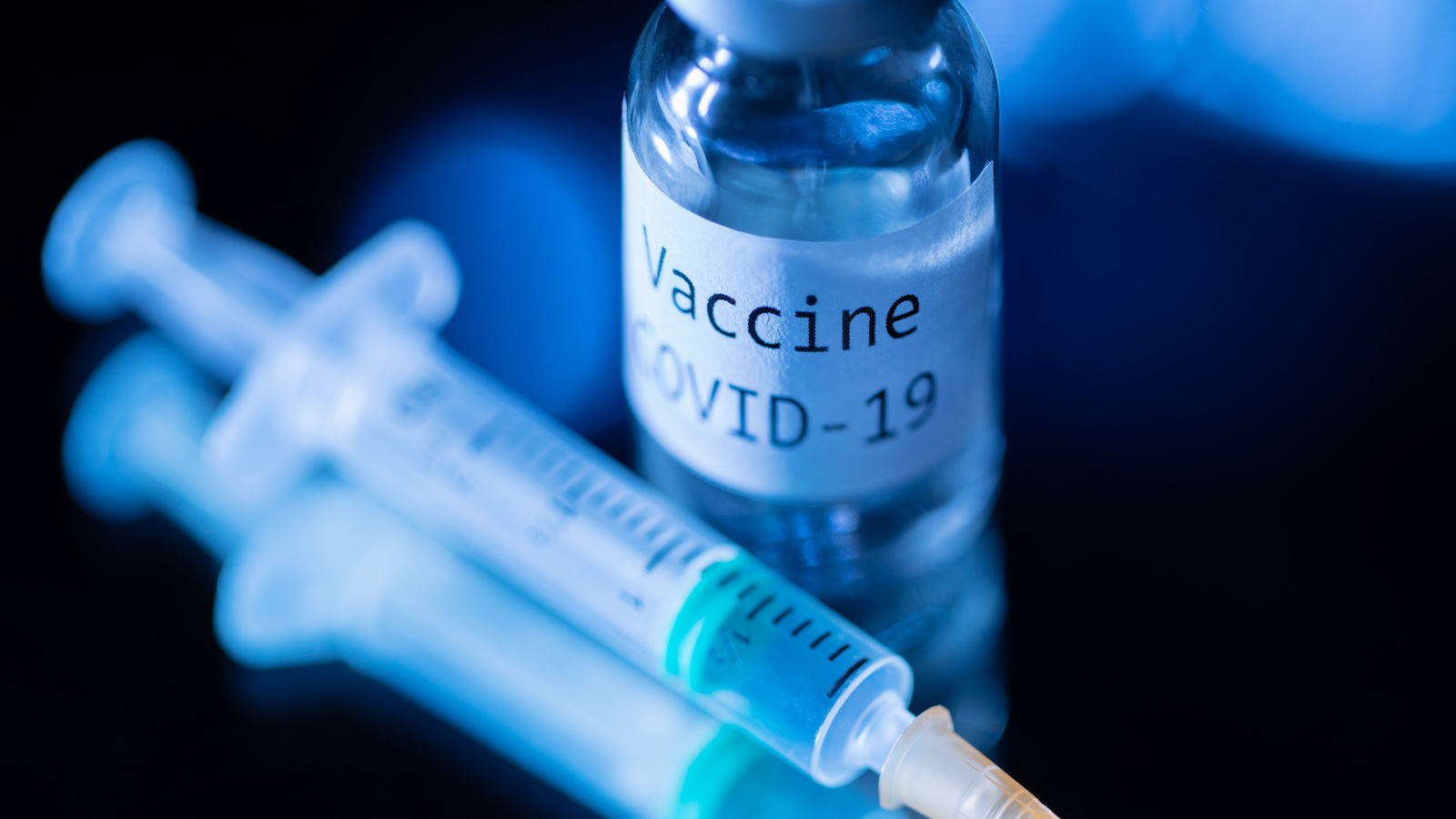In this episode, Dr. Elmer Huerta reviews a pre-publication by South African researchers on the variant that originated in that country and why it could affect the effectiveness of the vaccine.
You can listen to this episode on Apple Podcasts, Spotify, or your favorite podcast platform, or read the transcript below.
Hi, I’m Dr. Elmer Huerta And this is your daily dose of information on the new coronavirus. Information that we hope will be useful to take care of your health and that of your family.
Today we will see if the newly identified variants of the new coronavirus could affect the efficacy of vaccines that have been developed or are in development.
The coronavirus vaccine
Knowing that they will not be the only solution to the problem, there is no doubt that vaccines against covid-19 will be an important weapon in the fight against the pandemic.
If the majority of the population is vaccinated, it would be possible to achieve the so-called herd or group protection, which is defined as the protection of society when a sufficient proportion of its inhabitants are vaccinated against a disease.
In the case of covid-19, it is estimated that more than 70% would have to be vaccinated to achieve group immunity.
Given this circumstance, two elements are very important:
- That the population agrees to be vaccinated,
- That the vaccine is effective in protecting those who are vaccinated.
Both elements are in the focus of attention of the world scientific community.
On the one hand, depending on the country, the proportion of people who reject the vaccine is very high. In the United States, for example, 39% of people who answered a Pew Research Center survey in November 2020 said they probably would not get vaccinated, although 46% said they could get vaccinated once others have.
Coronavirus variants and vaccines
On the other hand, and that is the subject of today’s episode, a pre-publication from the National Institute of Infectious Diseases of South Africa concludes that the variant recently identified in that country, called B.1.351, could affect the effectiveness of vaccines.
The South African researchers conducted a very simple experiment in its design and execution. They faced the new variant against two types of neutralizing antibodies:
- Monoclonal antibodies present in recently approved drugs for the treatment of people with covid-19,
- And the antibodies that are present in the plasma of people who have already overcome the disease.
Let us remember that neutralizing antibodies, as their name implies, neutralize the entry of viruses into cells, thereby preventing infection.
Obviously, the objective of their study was to measure the neutralization capacity of these two types of antibodies against the South African variant.
The results of the investigation in South Africa indicated that the variant completely escaped the neutralizing action of two of the monoclonal antibodies present in drugs already approved by the FDA to treat COVID-19, also showing a substantial or complete escape from the neutralizing action of antibodies from convalescent covid-19 patients.
The results of the study
The authors conclude that there is a possibility that these variants could cause reinfection in people who have already passed the disease and that they presage that current vaccines would have reduced efficacy.
The researchers also say that the Brazilian variant P.1, already found in Japan and the United States, could have the same characteristics.
In simple words, when it was shown that the South African variant was not neutralized by the antibodies that are produced against the non-South African variant of the new coronavirus, the effectiveness of the vaccines that have been or are being developed would be in doubt.
The authors suggest that it is imperative for pharmaceutical companies that manufacture vaccines to develop agile and flexible platforms that allow them to change their vaccines, in response to the variants that are presented in the future.
In other words, we should proceed as is done today with flu vaccines, which change every year, according to the variations that occur seasonally.
In a quick response to the study, the Regeneron laboratory, maker of REGEN-COV, the cocktail of monoclonal antibodies that former President Donald Trump received, said that one of the two antibodies contained in its product neutralizes the South African variant and that the other demonstrated less effectiveness.
Regeneron also recognizes that they must be flexible to produce drugs that, like the flu virus, will accommodate future mutations in the virus.

